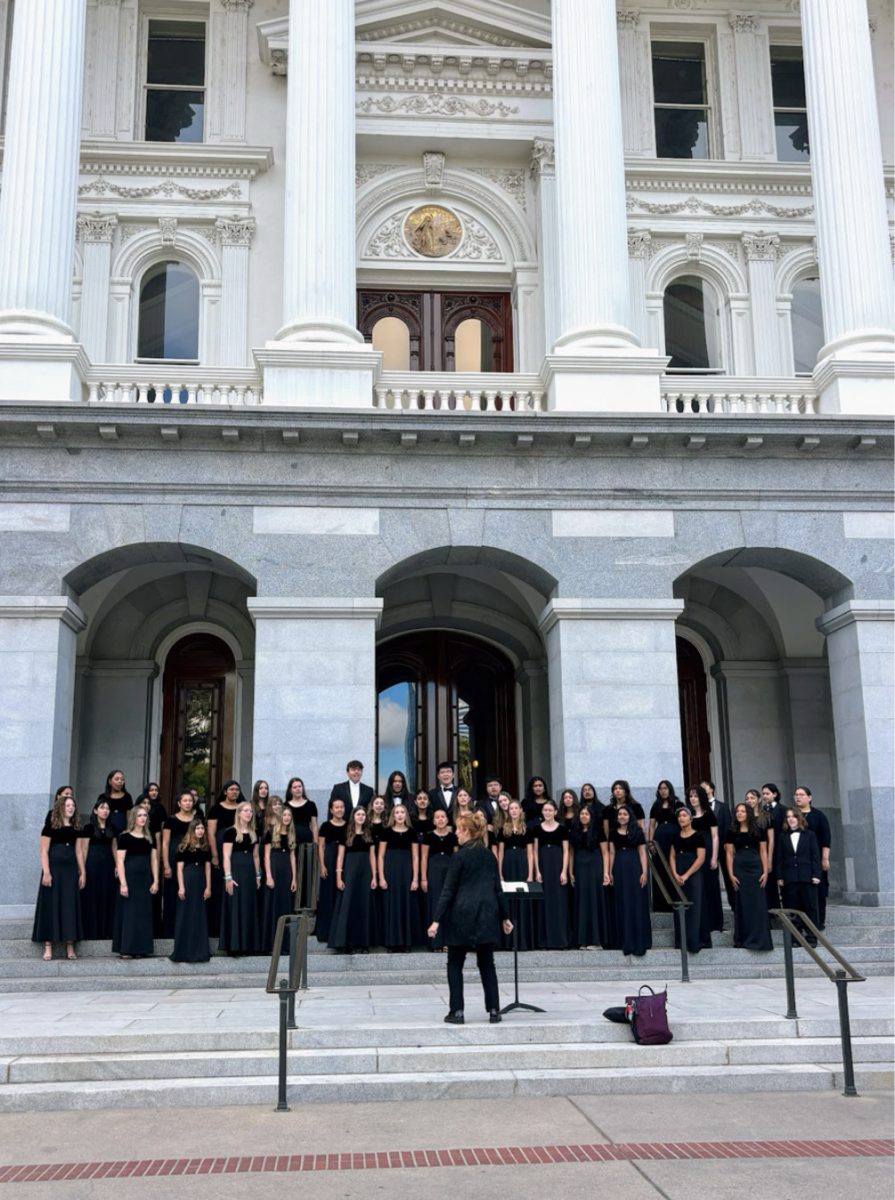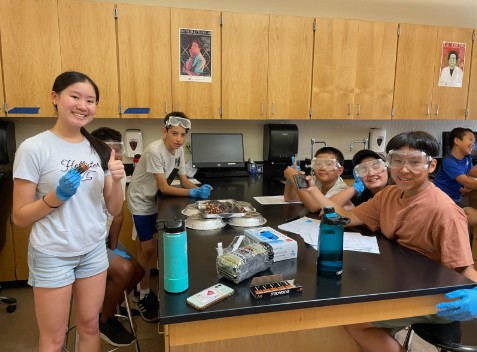One minute you’re planning prom outfits and college dorm Pinterest boards – the next, you can’t bring yourself to open your laptop. Welcome to senioritis.
Senioritis, a loss of motivation and effort among school high school seniors, is a common phenomenon. A 2012 study by Omniscient found that 78% of high school seniors struggle with it, often leading to lower grades, tardiness and absences.
It scares seniors.
“Getting older – no one cares about you as soon as you graduate, you’re an adult and you’re on your own,” said Cordova High senior Arezo Mayar, who is planning to major in psychology at Sac State.
Students need to breathe, says Soledad Parada, Cordova High’s College and Career Clerk. “Take a moment to appreciate all the exciting things happening in your senior year. Soak up every moment, enjoy your summer!”
There is a lot of extrinsic and intrinsic baggage that comes with senior year. College applications. Meetings. Homework. Graduation requirements. Preparation, organization and concentration.
“Senioritis has made me procrastinate even more than usual, it has made me lose motivation, it has made me question whether sticking it out is worth it, I’ve thought about dropping out multiple times,” Mayar said.
Ellen Braaten, a psychologist, emphasizes the importance of connecting students’ current efforts to their long-term goals to combat burnout and senioritis. She advises students to think about their desired future and how their current actions contribute to that future. This approach helps students regain motivation by reminding them of the bigger picture and the positive impact of their work.
In an interview with Boston public radio station WBUR, Braaten suggested the following: “I tell parents and students to look at their goals, start to talk about the future – not just next year, but five years from now, 10 years from now. What kind of life do you want? And what are the things that you’re doing now that will get you there, and what are the things that you can cut?”
For many seniors, the start of the second semester brings not just relief but a creeping numbness.
“I first started noticing (senioritis) hit my second semester, and especially after college decisions,” said Ash Fennel, a senior planning to study political science at UC Davis. “Doing projects and homework just felt useless to me.”
Emily Collins, who’s heading to Folsom Lake College before transferring to a UC for engineering, echoed that feeling.
“It’s an overall lack of motivation – whether to show up for school or do work,” she said. “My grades have dropped because I do a lot of work at the last minute, and the quality suffers.”
Both students pointed to external stressors – college pressure, competitive peers and fear of the future – as triggers.
“It’s terrifying to suddenly figure out I have my entire life and college years planned out,” Fennel said. “Especially with money and career concerns.”
Collins added: “I feel very behind in preparing for college.”
Despite the struggles, many students find hope through community.
“My friends were what helped me push through senioritis,” Fennel said. “Body doubling and talking about the work kind of forced me to end up doing it.”
Collins agreed: “Knowing other people are going through similar things is comforting and helps stop the spiraling. Sometimes we call just to do work together.”
Fennel also credits his cousin, a college freshman, for grounding him.
“Her advice and comfort helped me stay on track. I couldn’t have made it without her,” he said
As chaotic as senior year can be, it also becomes a place of discovery.
“This year let me find myself and push past the need for peer acceptance,” Fennel said. “If I can make it through this, I’ll be fine eventually.”
And while Collins describes her year as “crazy,” she still finds beauty in it: “It’s still been the best year of high school for me. The memories I’ve made with my friends will last forever.”
She even has a soundtrack to mark it: “If senior year was a song,” she said, “I think it would be ‘I’d Stay Forever’ by Whither – it has that vibe of escapism.”
That sense of escapism resonates deeply with many seniors – a desire to hold onto the fleeting freedom of high school before the weight of adulthood sets in.
“I’m going to be an adult, an actual adult, so soon, and I’m not ready for it,” Mayar said. “I feel like I’m being pushed off a cliff I’m not ready to jump off of yet. I want to delay it as much as I possibly can.”
Amid the chaos, some students and teachers have found strategies to bring focus back.
“I am the sticky-note person,” said Michael Wegsteen, a math teacher at Cordova. “Try to find joy in whatever you’re doing. Mix in friends or connect with people, or gamify it and turn it into a game, just find ways to make it joyful. If you establish a routine, and you can kind of stick with it, in my mind, that helps me be most successful.”
With limited time for seniors and all their responsibilities, seniors have seemed to develop the ability to not ask for help and hide when they don’t know something, Wegsteen said.
This hiding could have a detrimental impact if students have conditional college acceptance offers or if they have scholarships. Chelsey Bragg, a Cordova High guidance counselor, said a serious case of senioritis can jeopardize the offers they’ve already received or impact future opportunities.
Which begs the question: Do students overcome senioritis?
“They just need to reconnect with their goals and stop procrastinating,” Bragg says, “That is when using the breaks, like the February break and spring break, is essential in meeting with seniors to make sure they have a clear understanding of their to-do lists to come back refreshed.”
Seniors should make sure they’re mentally healthy, and “having faith that everything will pay off is so important,” Parada said.
After all, senior year is not just about finishing, Parada said, it’s about embracing the journey, finding joy in the process and celebrating how far you’ve come – because “as humans, we thrive on growth and reaching our goals.”
Tips to Beat Senioritis
From 12 Ways to Beat College Senioritis | Johnson and Wales University:
- Break big tasks into tiny ones.
- Use a planner or app to keep track of deadlines.
- Celebrate small wins.
- Get involved through extracurriculars and connect with others
- Lean on friends or teachers for accountability.
- Set aside “no homework” time to recharge.









